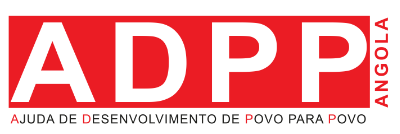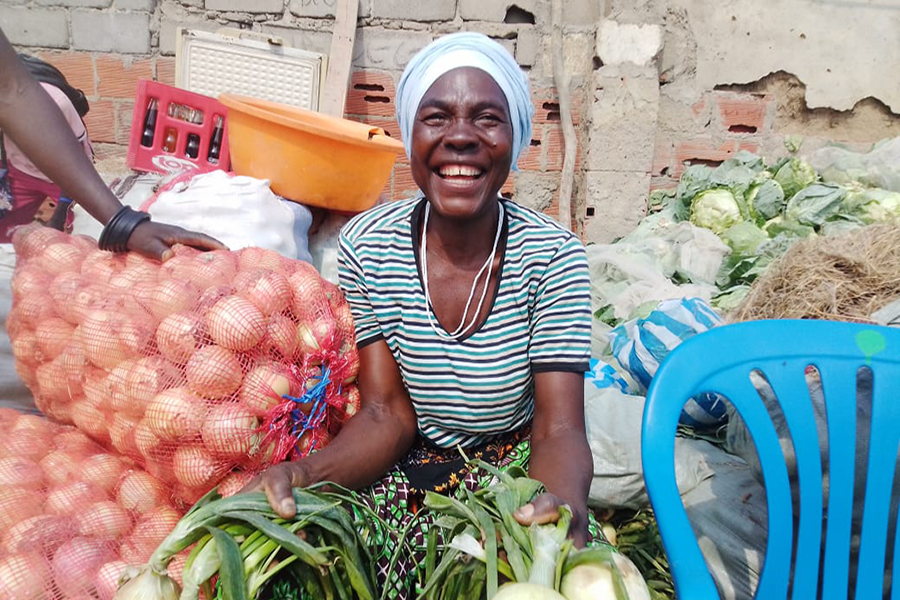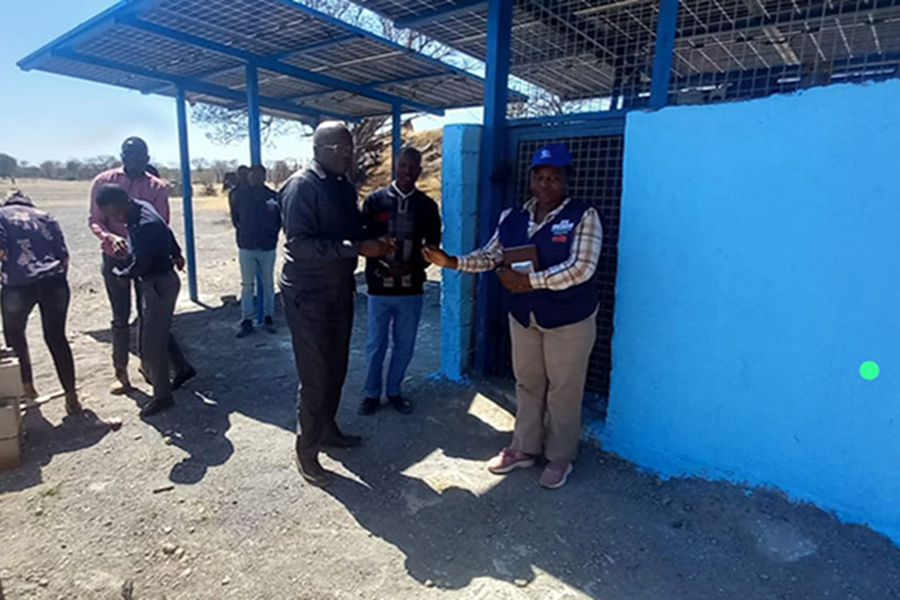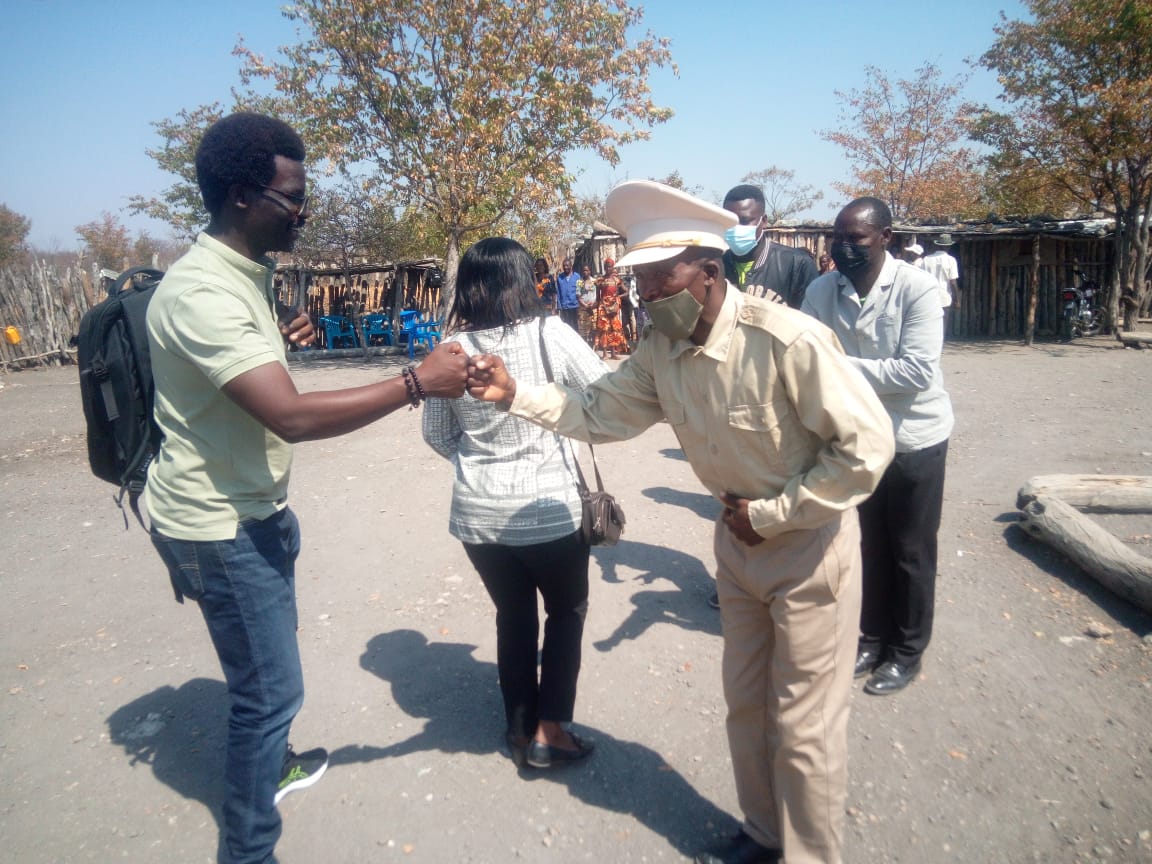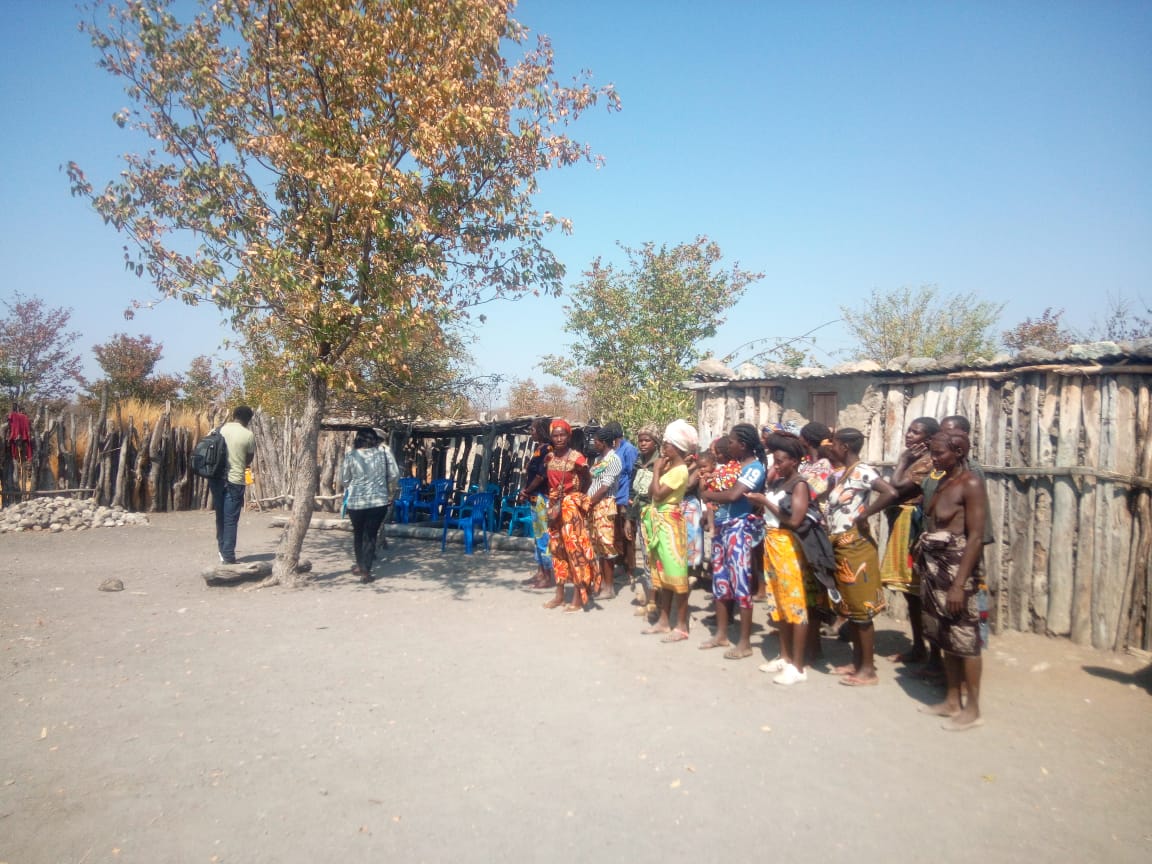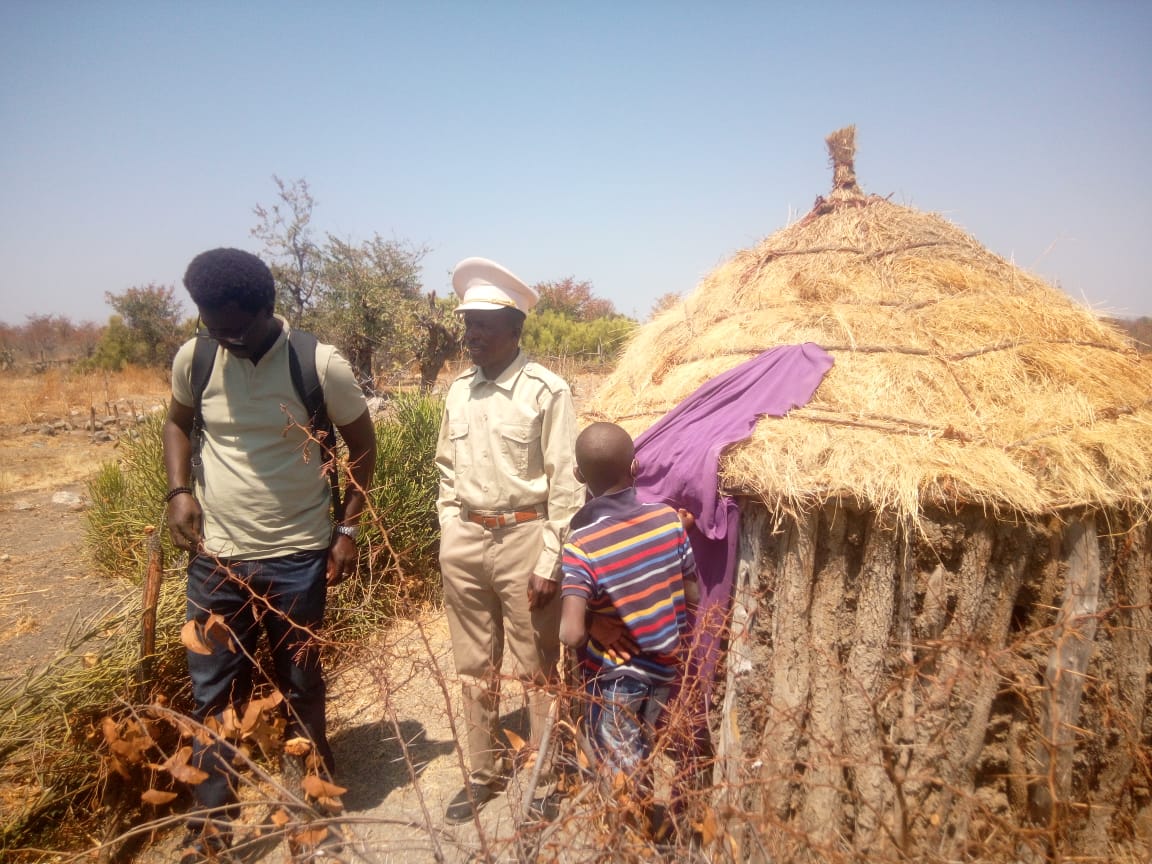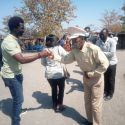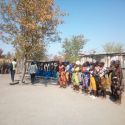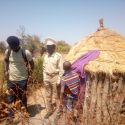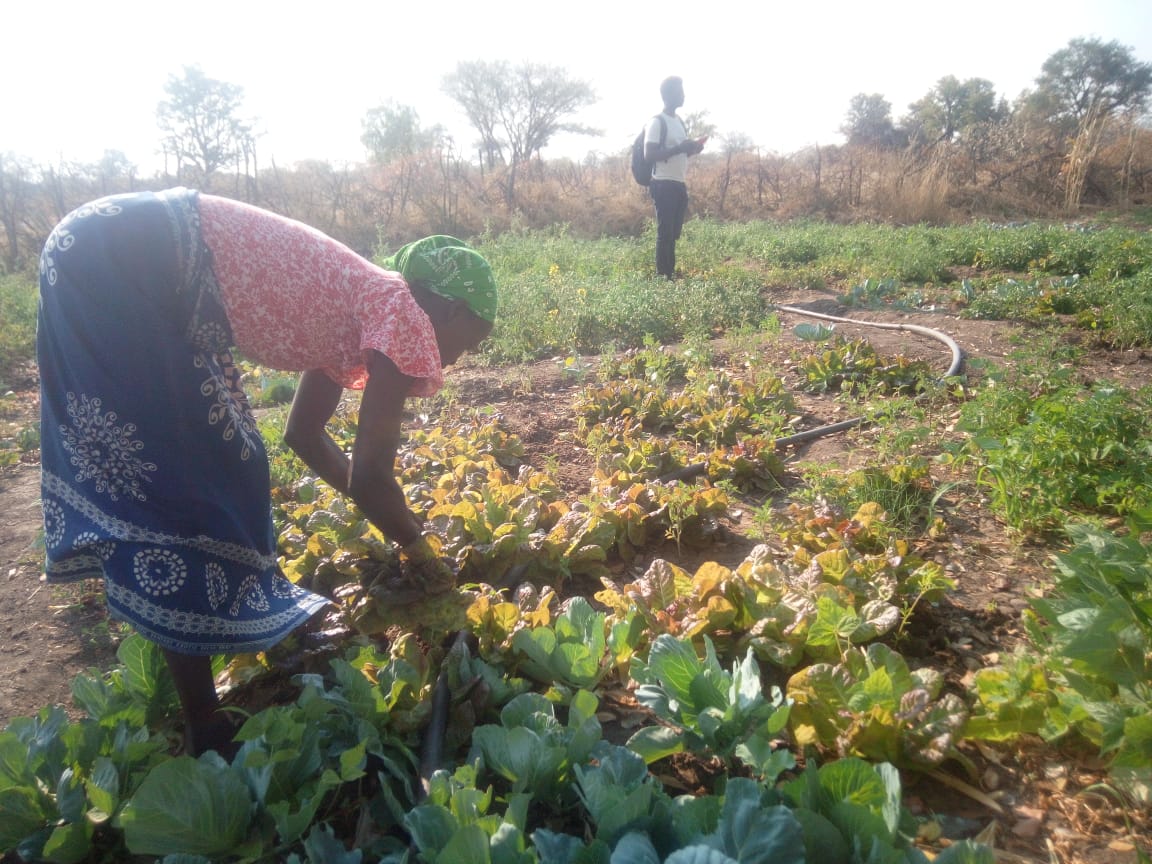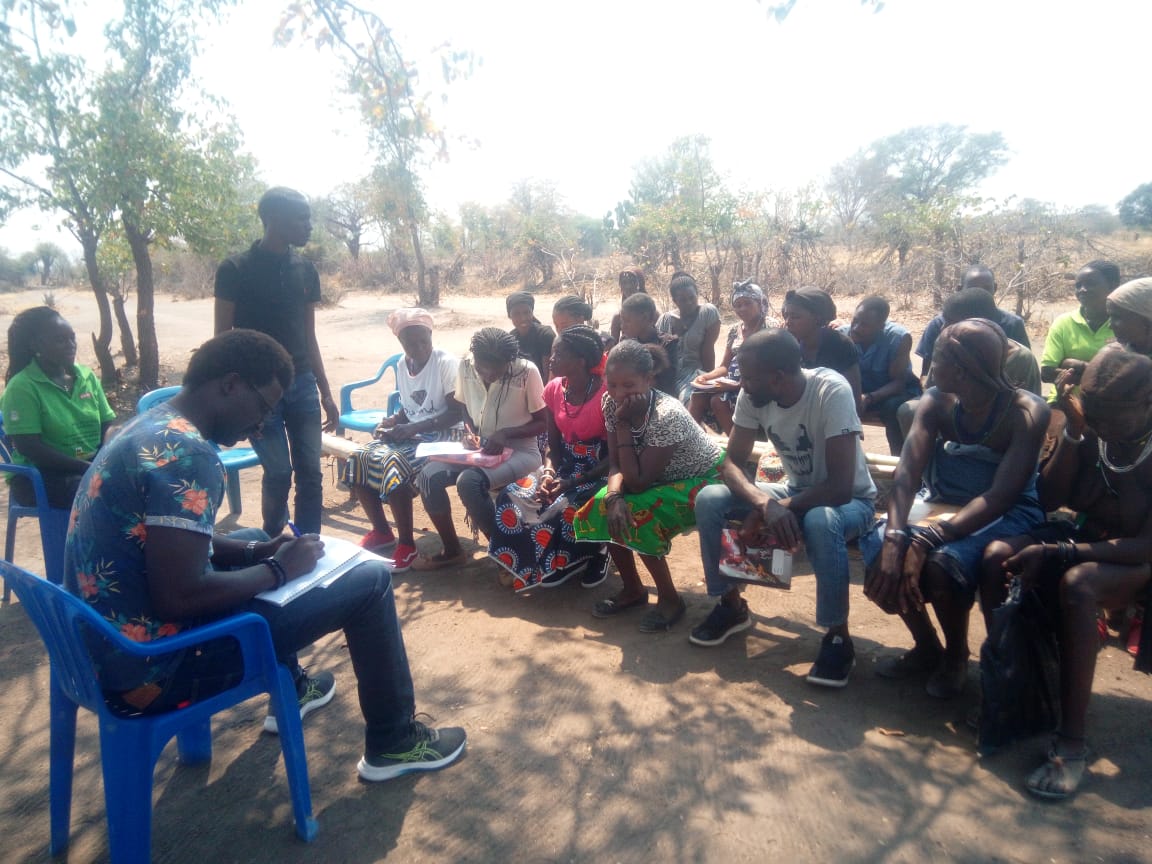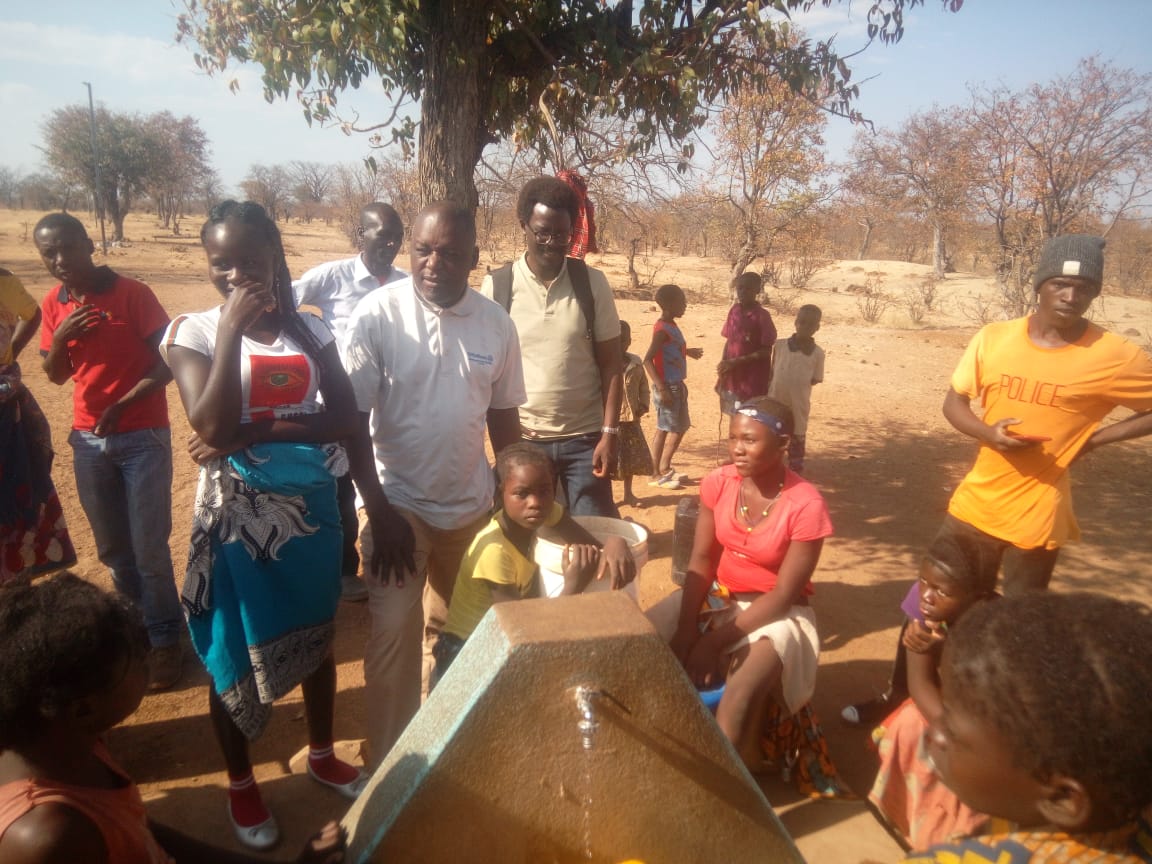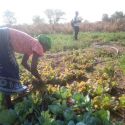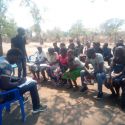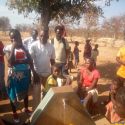Participants in the Integrated Development Project in Kanienguelele have been reaping the rewards of their hard work by selling some of their harvest. In September, they earned the equivalent of more than 7,500 USD from the sale of their produce. The image expresses their pride very well!
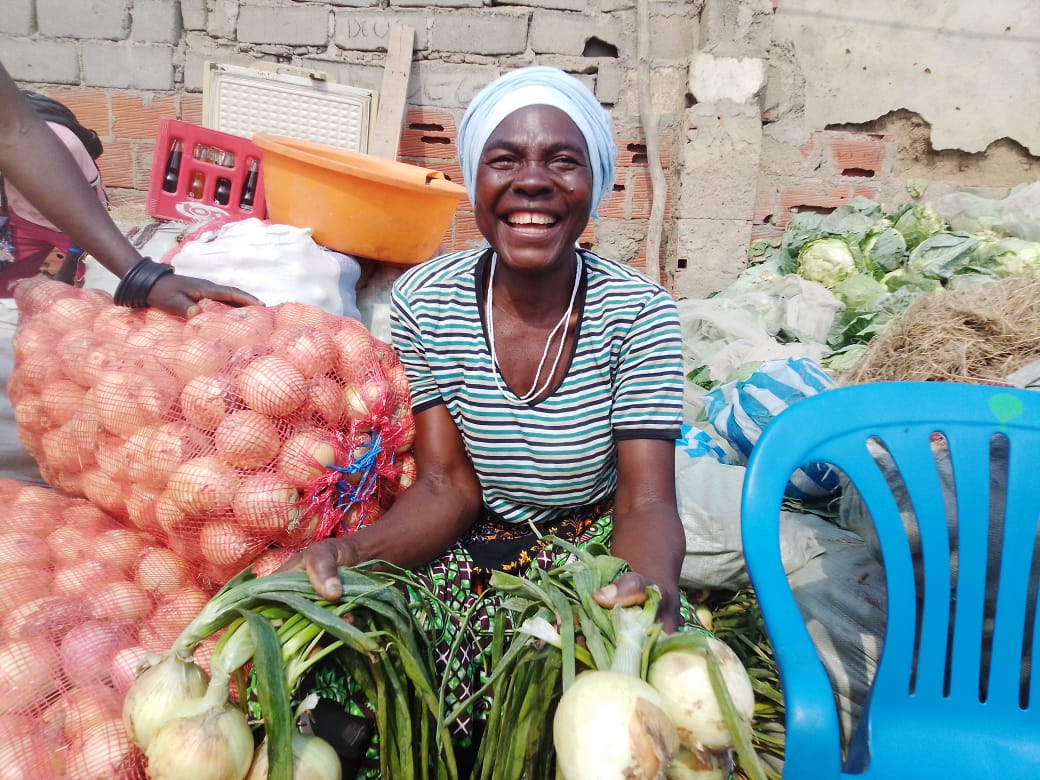
In September, four water systems- some of the largest in the Integrated Social Project- were handed over to the communities of Yandja, Rio de Areia, Chibemba, and Chatena. In Yandja, a borehole produces 8,000 litres of water per hour, supported by 2 km of piping, a stainless-steel tank with a capacity of 10,000 litres, four water points, a laundry facility, and a pump for filling containers, providing a total of 48,000 litres of water per day. This system also includes the recharge of two dams. The system in Chibemba supplies 12,000 litres per hour, equating to 72,000 litres per day. It serves a referral health centre, two schools, and over 1,500 residents, featuring five water points, each equipped with a restored laundry facility. This system's water supply is further improved by the rehabilitation of the dam.
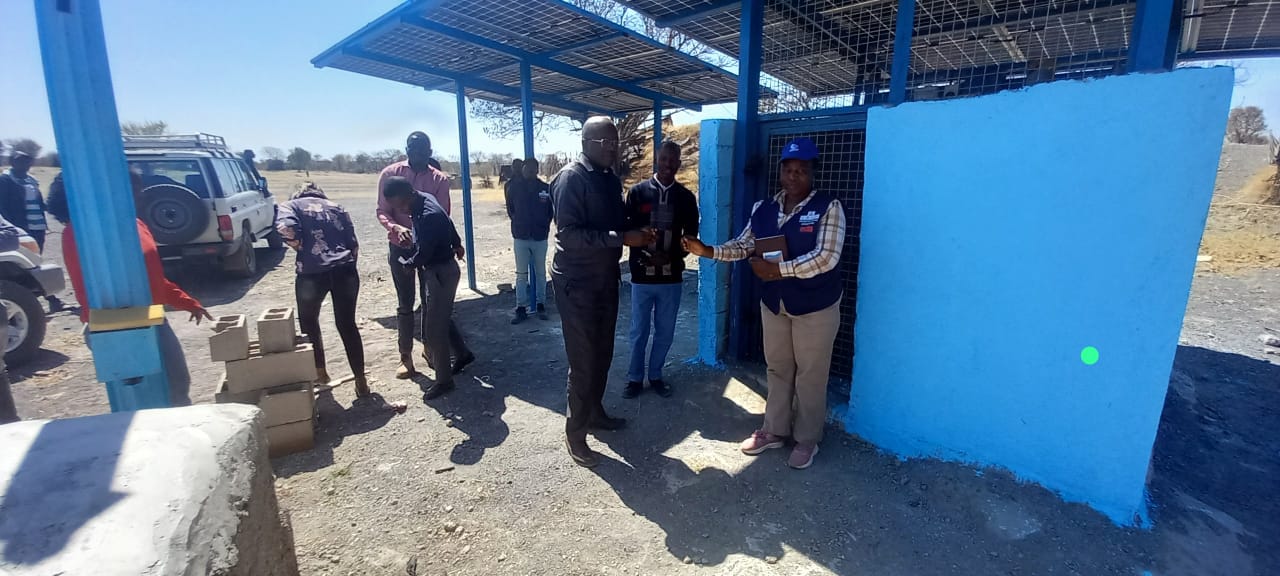
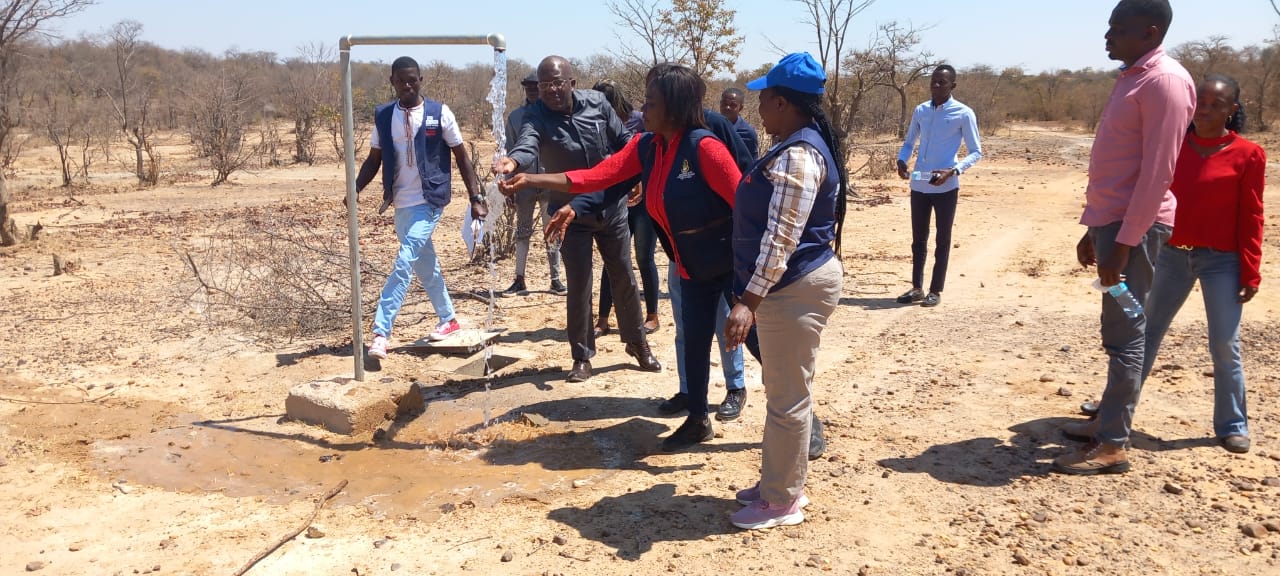

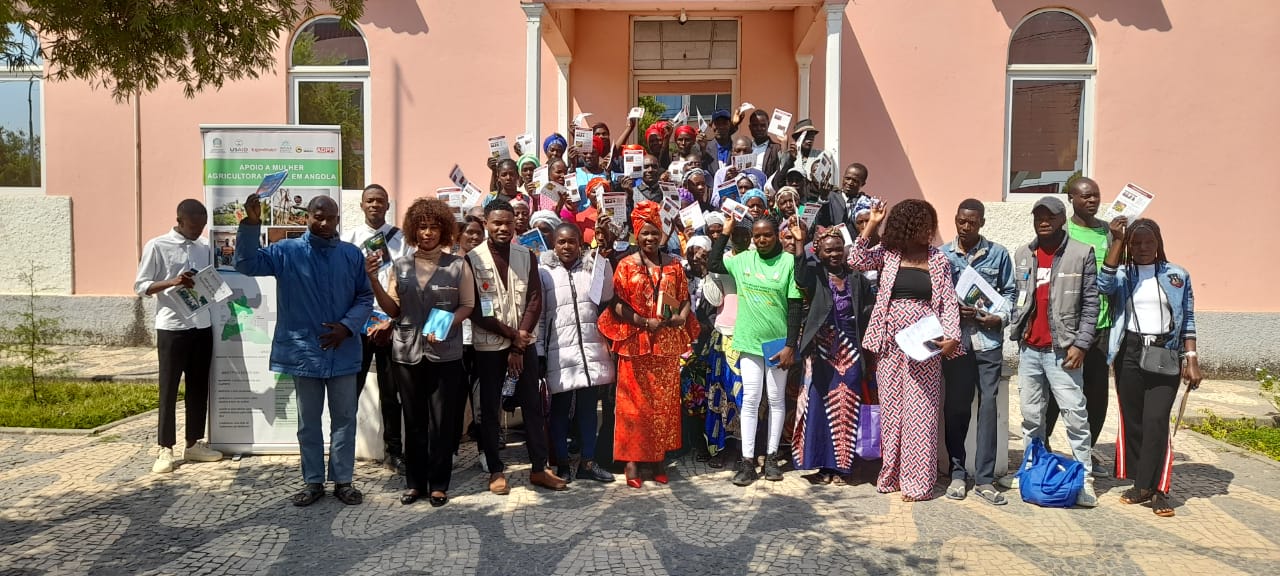
On July 16 2024, in the municipality of Ganda, the Support for Angolan Women Farmers project, financed by USAID, held a training session for members of the Women’s Advocates Network. The theme was on the role of the Advocates in promoting citizenship and equality, and combatting gender-based violence. During the session, the Filomena Miguel, the Director of Social Action, Family, and Women highlighted that “women must have the habit and custom of reporting when they feel discriminated against or suffer any act that is considered domestic violence, because according to the law, no one can be discriminated against or mistreated, whether physically or psychologically. We have the same rights and duties regardless of sex, race or place of birth. Therefore, it is important that we respect the dignity of the human person.” Representatives from the ADPP project Communities for Peace and Social Inclusion (CAPI), local traditional leaders, 50 members of the advocates network (36 women and 14 men), Radio Ganda, and other participants took part.

Community involvement in evaluations is just as important as involvement in the design and implementation of a project. When Moisés Lopes, an external consultant hired by ENI, was part of a team which visited the Integrated Community Project in Gambos and Bibala to evaluate progress and results to date, the visit involved traditional leaders, neighbourhood coordinators, focal groups, municipal authorities, Community Health Agents, families at their homes, teachers and pupils in schools, farmers in their fields, and the project team itself. Moisés Lopes saw for himself the measures being taken to improve basic sanitation, from household latrines, tippy tap systems for hand washing and drying racks, to disease prevention messages through theatre performed by school patrol pupils. In-service teachers explained about the personal and professional benefits of attending 40 Pedagogical Sessions organised by the project, and literacy learners showed how far they had come in learning to read and write. Members of Farmer Field Schools welcomed Moisés Lopes to their vegetable gardens, where they proudly displayed the variety of produce under cultivation. School headmasters, Water & Sanitation Groups and Communal Administrators spoke of the impact of the project, and the various improvements in education, health, agricultural production and general well-being. Visits to health posts and schools with improved water supplies and solar energy installations were included, as was a visit to the sewing workshop where participants displayed their new skills and innovative money earning capacity.
ADPP organised meetings with members of the community to give Moisés Lopes the opportunity of asking about the project, and hearing directly from those present.
At the end of the week of visits, meetings and question & answer sessions, Moisés Lopes met with the project team in Gambos to discuss topics such as the positive aspects of the project for the community, improvements registered since the project was implemented, further improvements that could be made if the project continued, and any changes that could or should be made taking into account the reality of the community.
For all concerned, the visit was fruitful, whether in terms of witnessing at first hand the effect of the project on individuals and on whole communities; having an opportunity to explain about and demonstrate personal examples of change and improvement; or being able to share remarkable achievements with unbiased observers.
Water is precious but so is time and energy, so having all three makes life that much easier. After a prolonged period with no water, the well at this school in Bibala, Namibia, is now producing water, despite severe drought. This means less time and energy spent on collecting water- and the joy of local community members is obvious!

